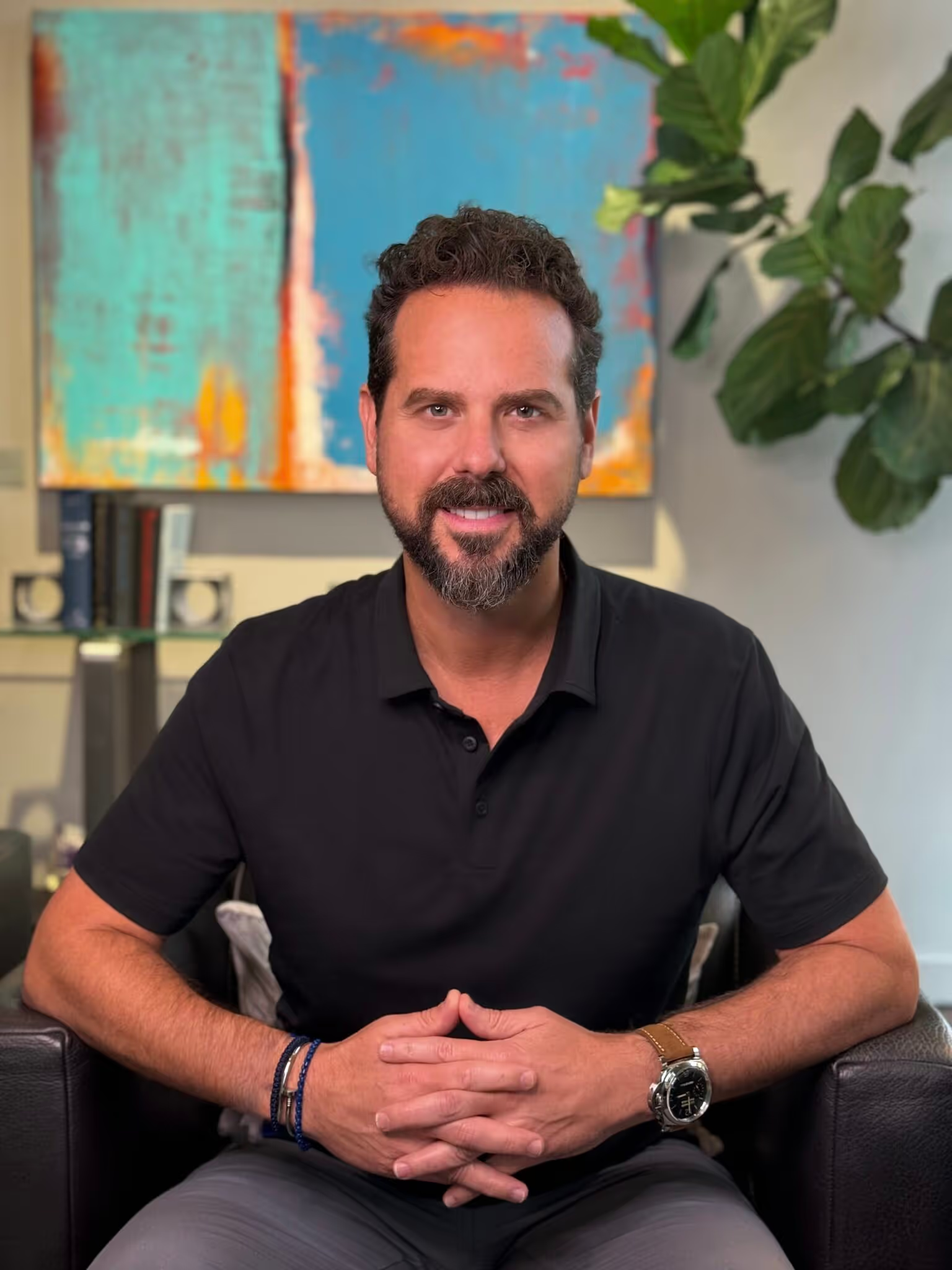
In Love vs. Love
"I’ve been married for 17 years and I just want to feel something again. I want to be in love again, like when we first met."
A client voiced that to me recently in a session, and it’s something I hear daily in my work with clients. If we’re totally honest about it, I think that most married couples experience similar feelings at some point. To be in love is an amazing feeling with all the positive messages we get: "You are so good looking"; "I just want to spend all my time with you." Those messages stir up emotions and brain chemistry that can be euphoric. These are the feelings that draw us into the relationship. But the truth is, these feelings don't last forever. In fact, if you want those euphoric feelings to continue you have to either be a compulsive dater or have multiple extramarital affairs—and both of those options come at an extremely high price: guilt, shame, and the pain that can be caused to others, particularly when there’s a marriage partner and kids.
Marriage can be challenging, with all the pressures of financial matters and parenting, conflicts, and dealing with the various issues that both partners bring to the marriage. After that initial honeymoon stage of our marriage, which generally lasts between six months and three years, we begin to deal with the real person we married—a person who has many good qualities, but also has opinions, perspectives and attributes we wish we could change. As a result, over time we can grow numb or distant in the relationship. If this feeling goes on for years, hopelessness can set in, and only through a lot of hard work can we get to a better place. But it is possible to either avoid this difficult road or change course.
In order not to be dependent on past early stages of love—and constantly seek those euphoric feelings—we have to be willing to mature and grow into the next stage of love. This is where Reciprocal Rhythm® comes into play, which is one of the main tenets of the Auxano Approach®. Reciprocal Rhythm® seeks to allow love to teach us not to be self-serving and self-centered. Mature Love calls us to focus on what we can GIVE and not what we can GET. We shift from a mindset of entitlement to a mindset of giving. In most cases, when we decide to live this way in our marriage something similar happens in our spouse, and they begin to respond by doing the same. When this happens, Reciprocal Rhythm® is at work, and as a result, something happens inside of us: feelings of fulfillment and satisfaction take over and emptiness and loneliness start to decrease.
I invite you to pay attention to the way you love over the next week. Do you GIVE or do you focus on what you can GET? If you notice that you focus on getting, I encourage you to then make a choice to love differently by being intentional about giving. There are many practical ways to do this, such as being intentional about initiating a conversation with your spouse, reading a marriage book together, writing your spouse a note that expresses what you value about him or her, or simply doing an act of kindness for your partner.
R. Scott Gornto

